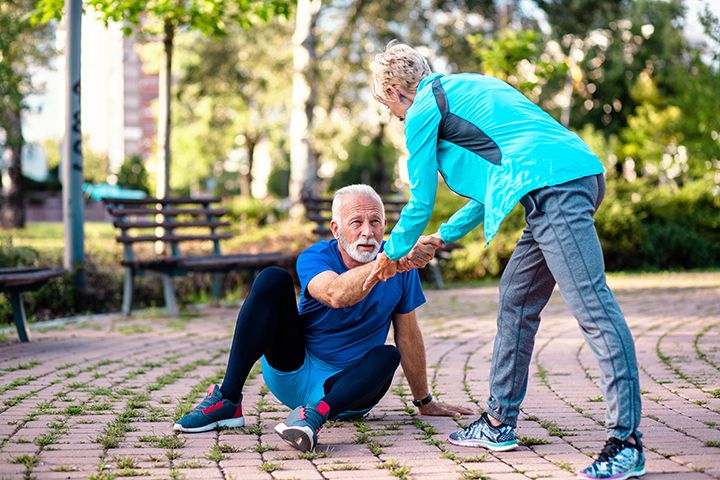How to Preventing Falling

Falls are a common concern for older adults, and they can lead to serious injuries. However, there are several strategies that older adults can use to help prevent falls.
Stay physically active
Regular exercise can help improve balance, strength, and flexibility. Activities like walking, tai chi, and yoga are excellent choices. Consult with a healthcare professional before starting any new exercise program to ensure it's safe and appropriate for your individual needs.
Medication management
Some medications can cause dizziness or balance issues. Review your medications with your healthcare provider to identify any potential side effects and discuss alternative options.
Regular vision check-ups
Poor vision can increase the risk of falling. Have your eyes checked regularly, and make sure your prescription for glasses or contact lenses is up to date.
Home safety modifications
- Remove tripping hazards such as loose rugs, clutter, and cords.
- Install handrails and grab bars in areas like bathrooms and staircases.
- Adequate lighting throughout the home is essential, including nightlights in the hallway and bathroom.
Assistive devices
If needed, use assistive devices like canes or walkers to provide stability and support while walking.
Foot care
Properly fitting, supportive shoes can make a significant difference in preventing falls. Avoid wearing high heels or shoes with slippery soles.
Fall prevention programs
- Some communities offer fall prevention programs or workshops.
- Consider participating in these to learn more about fall prevention strategies.
Maintain a healthy diet
Eating a balanced diet can help maintain strong bones and muscles, reducing the risk of falls. Make sure you're getting enough calcium and vitamin D for bone health.
Stay hydrated
Dehydration can lead to dizziness and fainting, increasing the risk of falls. Drink enough water throughout the day.
Regular check-ups
Visit your healthcare provider for regular check-ups to address any underlying health conditions that may increase your risk of falling.
Know your limitations
Be aware of your physical limitations and avoid taking unnecessary risks. If you need assistance with a task, don't hesitate to ask for help.
Use a fall detection device
Some older adults may benefit from wearable fall detection devices that can automatically alert emergency services or a caregiver in case of a fall.
Stay mentally active
Engage in cognitive activities to maintain mental sharpness and awareness, which can help prevent falls.
Remember that individual circumstances vary, and it's essential to consult with a healthcare professional for personalized advice on fall prevention. They can assess your specific needs and provide tailored recommendations to help reduce your risk of falling.
